
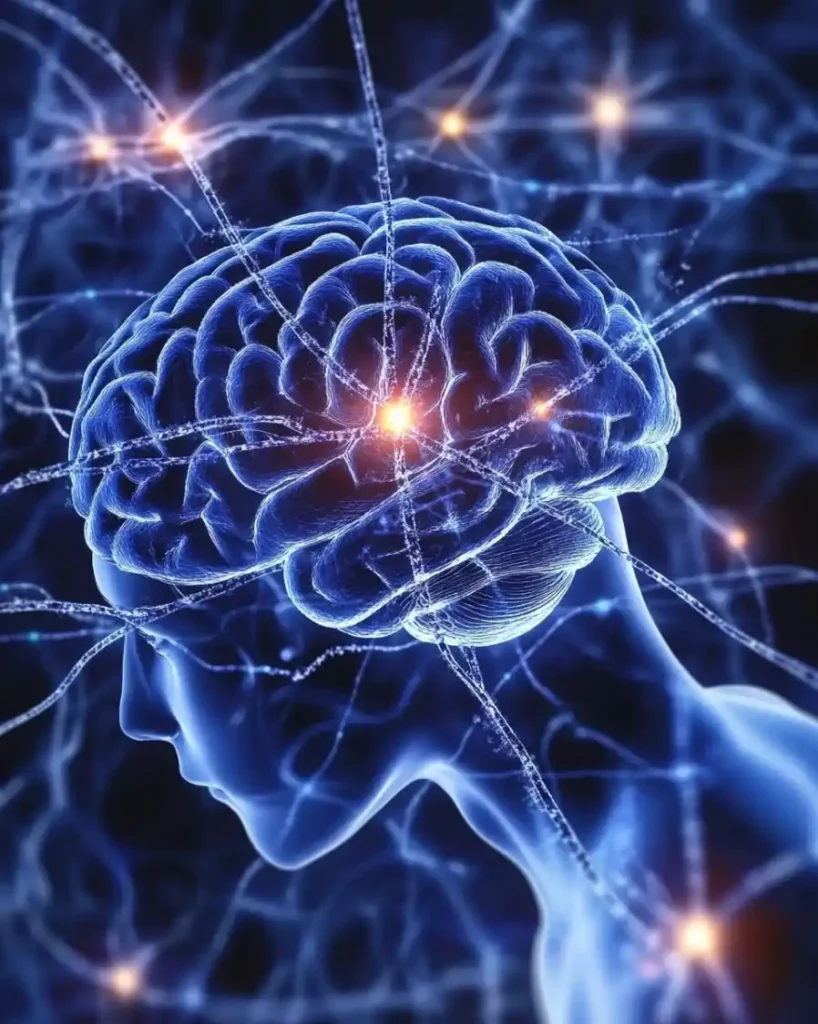
The effect of dopamine on habit formation
When we decide to start something rewarding, like exercising regularly or working on a project, there is often internal resistance.
One reason is dopamine, the hormone that drives pleasure and motivation.
The brain seeks out quick sources of pleasure, such as social media or sweets, and receives an instant burst of dopamine, cementing this behavior as positive reinforcement.
The problem of instant rewards
The brain gets used to “easy” bursts of dopamine, which prevents the formation of rewarding habits that take time and effort.
Long-term tasks, such as exercise or self-development, do not elicit instant gratification, and the brain avoids them in favor of quick rewards.
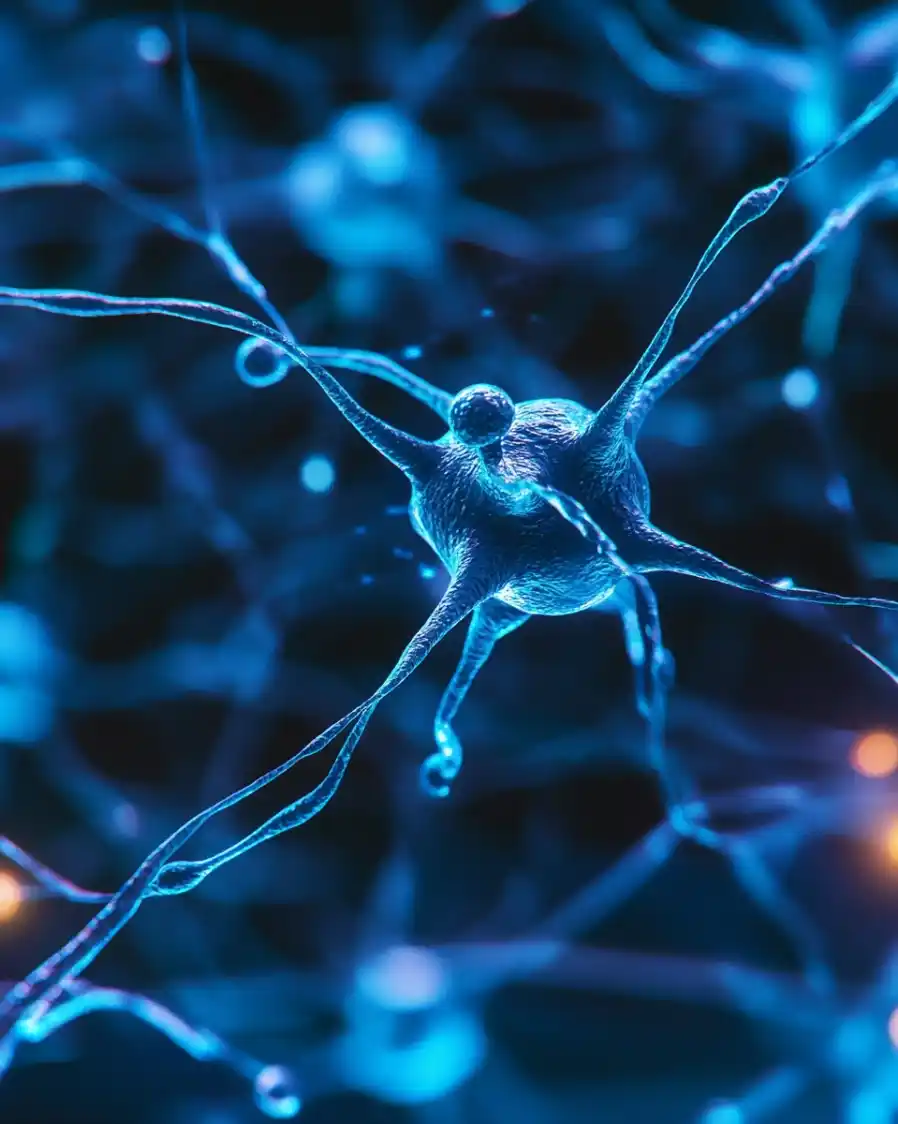
How dopamine inhibits healthy habits
Dopamine has a dual role: on the one hand, it motivates us to take action; on the other hand, it inclines us to immediate rewards, which are not always useful.
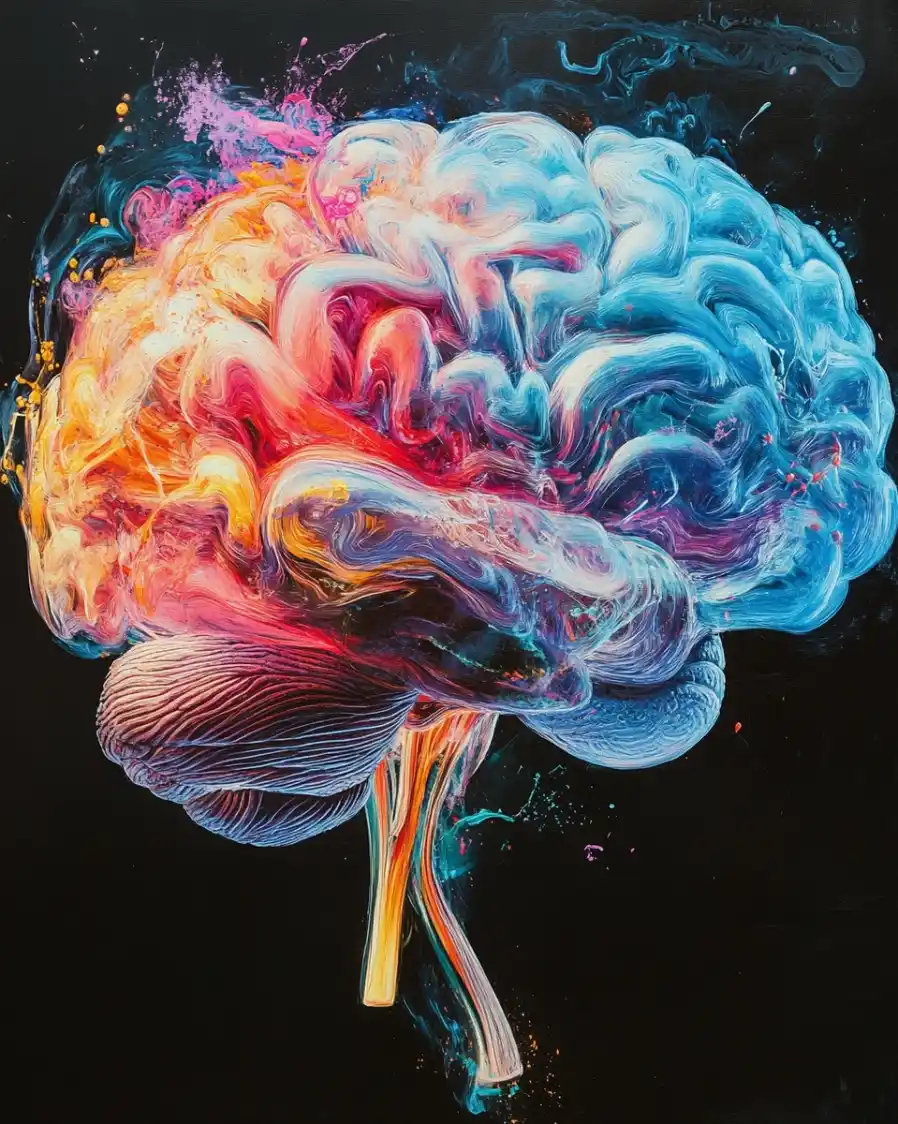
The brain prefers activities that give instant dopamine surges.
As a result, it tends to avoid more difficult tasks, such as regular exercise or learning something new, because they require patience and do not provide instant gratification.
| Type of action | Dopamine levels | Example |
|---|---|---|
| Fast, instant rewards | Surge | Watching a video, snacking on sweets |
| Long-term, healthy habits | Gradual increase | Reading, exercise, learning |
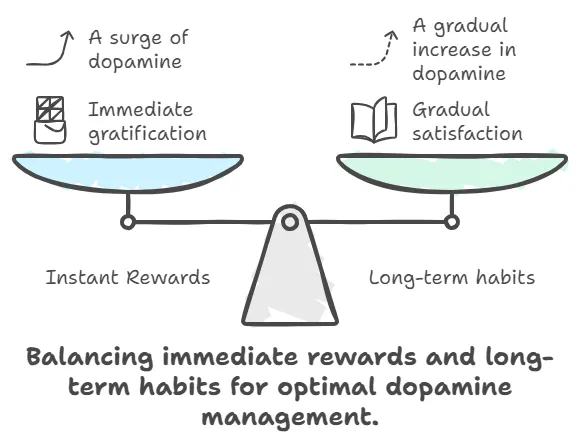
When we take the easy way out – like watching soap operas or devouring fast food – the brain rewards us with dopamine surges that reinforce the behavior.
But rewarding habits that require long-term effort don’t elicit such sharp pleasure, and so the brain avoids them.

How do you overcome dopamine resistance?
To beat the effects of dopamine, you need to learn how to manage its levels and use it to benefit yourself. Here are a few strategies:
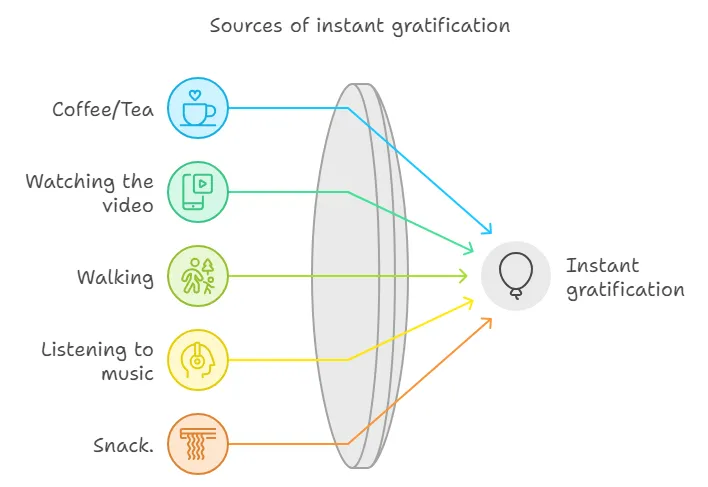
Small rewards:
Creating triggers
A trigger system is a powerful tool for creating new habits. It consists of surrounding yourself with visual or physical reminders that stimulate the desired action.For example:
- Reading: Keep a book on your bedside table or desk. This will remind you to read at least a couple pages every night.
- Workouts: Put your gym shoes and uniform in a prominent place by the door. This will serve as a visual reminder to workout every day, making it easier to get started.
- Healthy Eating: Place healthy snacks, such as nuts or fruit, in your workplace instead of unhealthy alternatives.
- Project work: Hang a task note or motivational quote on your computer or desktop to visually maintain focus on current tasks.

Triggers work by triggering a subconscious reminder of a desired action.
| Method | Description | Example |
|---|---|---|
| Small rewards | Instant gratifying incentives for completing a task | A cup of coffee after you finish reading |
| Triggers | External incentives to reinforce habits | Sports equipment on view to stimulate training |
Research on the role of dopamine
Scientific research confirms that dopamine does influence habit formation.
For example, a study published in Nature Neuroscience found that the brain responds more strongly to small, regular rewards if they are accompanied by rewarding behavior.
Also, a University of Michigan study found that dopamine surges from quick gratifications can interfere with the development of long-term skills and useful habits.
Conclusion: how to tame dopamine and develop healthy habits
To cope with the effects of dopamine and start forming healthy habits, you need to consciously manage your brain’s reward system.
Gradually increasing dopamine through small rewards, creating the right triggers, and using mindful approaches will help the brain adapt to long-term goals.
Long-term habits are not instantly gratifying, but by mastering a motivational system, you can make the process of forming them much easier and more enjoyable.
It’s important to realize that dopamine is not the enemy. Properly managing its levels can help you not only avoid the negative effects of quick pleasures, but also increase your motivation to achieve your long-term goals.
Leaving room for small victories and conscious triggers will help you channel your efforts, and dopamine will become your ally in the process of building healthy habits.




